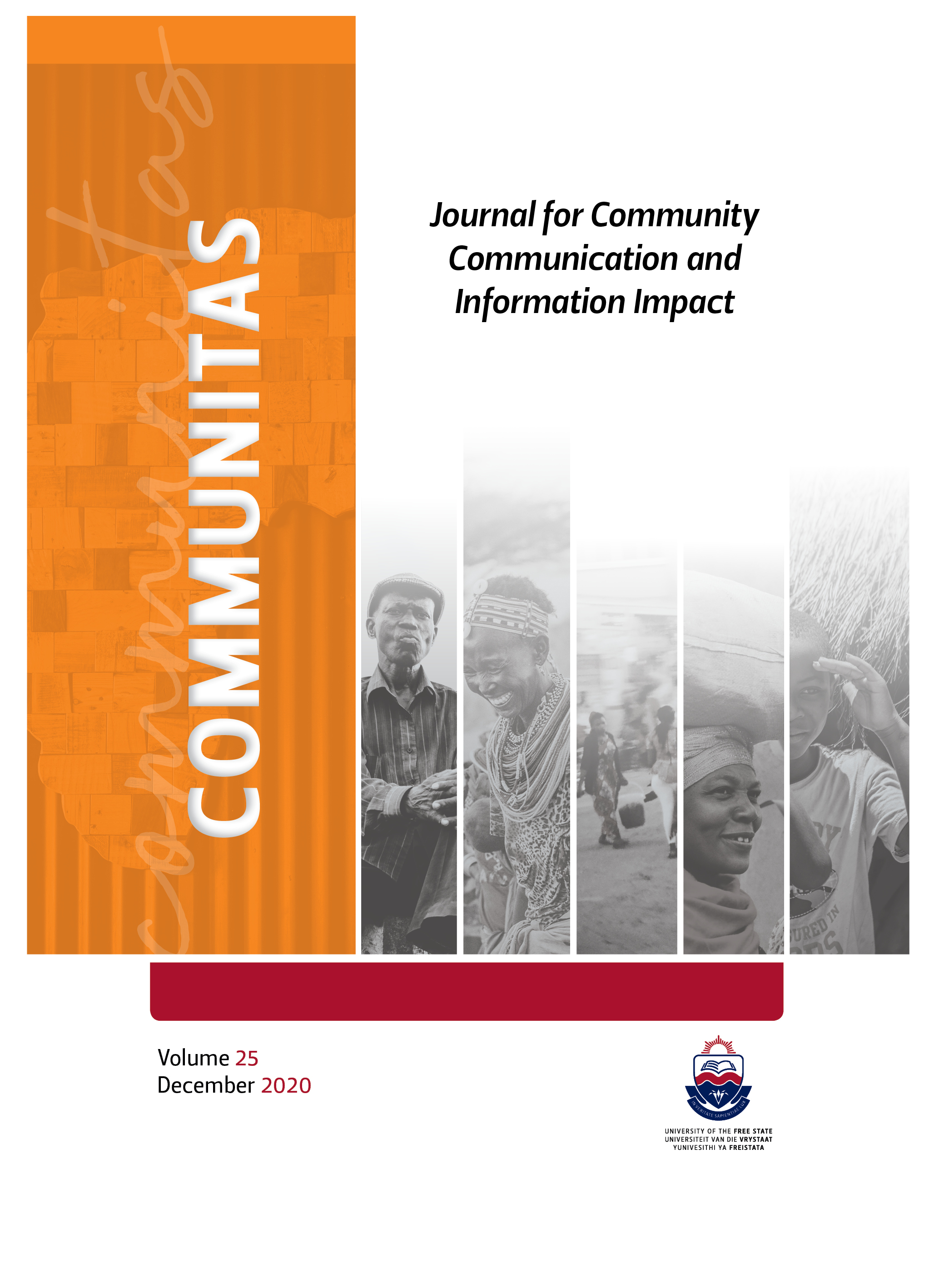Star stories: using indigenous knowledge for stakeholder engagement
DOI:
https://doi.org/10.38140/com.v25i.5047Keywords:
Strategic communication, Stakeholder engagement, Science communication, Indigenous knowledge systems, Corporate social responsibility, Communication strategy, Narrative inquiryAbstract
Radio astronomy projects require large open spaces with minimal radio frequency interference, light and air pollution. Often, indigenous minorities such as the San in South Africa and the Wajarri Aboriginal peoples in Western Australia live on this land or have cultural rights to the land. Communication and engagement challenges with these stakeholders include language, culture, cultural heritage and stakeholder expectations. This study shows how the Square Kilometre Array South Africa (SKA SA) used the narratives and indigenous knowledge of astronomy of the San peoples of South Africa to facilitate some stakeholder engagement. These narratives were originally documented by Bleek and Lloyd (1911). Different versions of these narratives are still being told in the Central Karoo region of South Africa by the descendants of the San people. The key finding was that narratives are an effective method of creating a communication and engagement platform and for fostering collaboration, particularly for astronomy projects where the establishment of common ground among stakeholders could be challenging. The study concluded that it is important for astronomy projects and science communication to invest in indigenous knowledge systems and to preserve and recover cultural heritage as far as possible for the benefit of future research. In this way, beneficial stakeholder collaboration can be facilitated and progress can be made towards the achievement of global sustainability goals.
Downloads
##submission.downloads##
Published
Issue
Section
License
Copyright (c) 2020 Author(s)

This work is licensed under a Creative Commons Attribution 4.0 International License.
All articles published in this journal are licensed under the Creative Commons Attribution 4.0 International (CC BY 4.0) license, unless otherwise stated.









